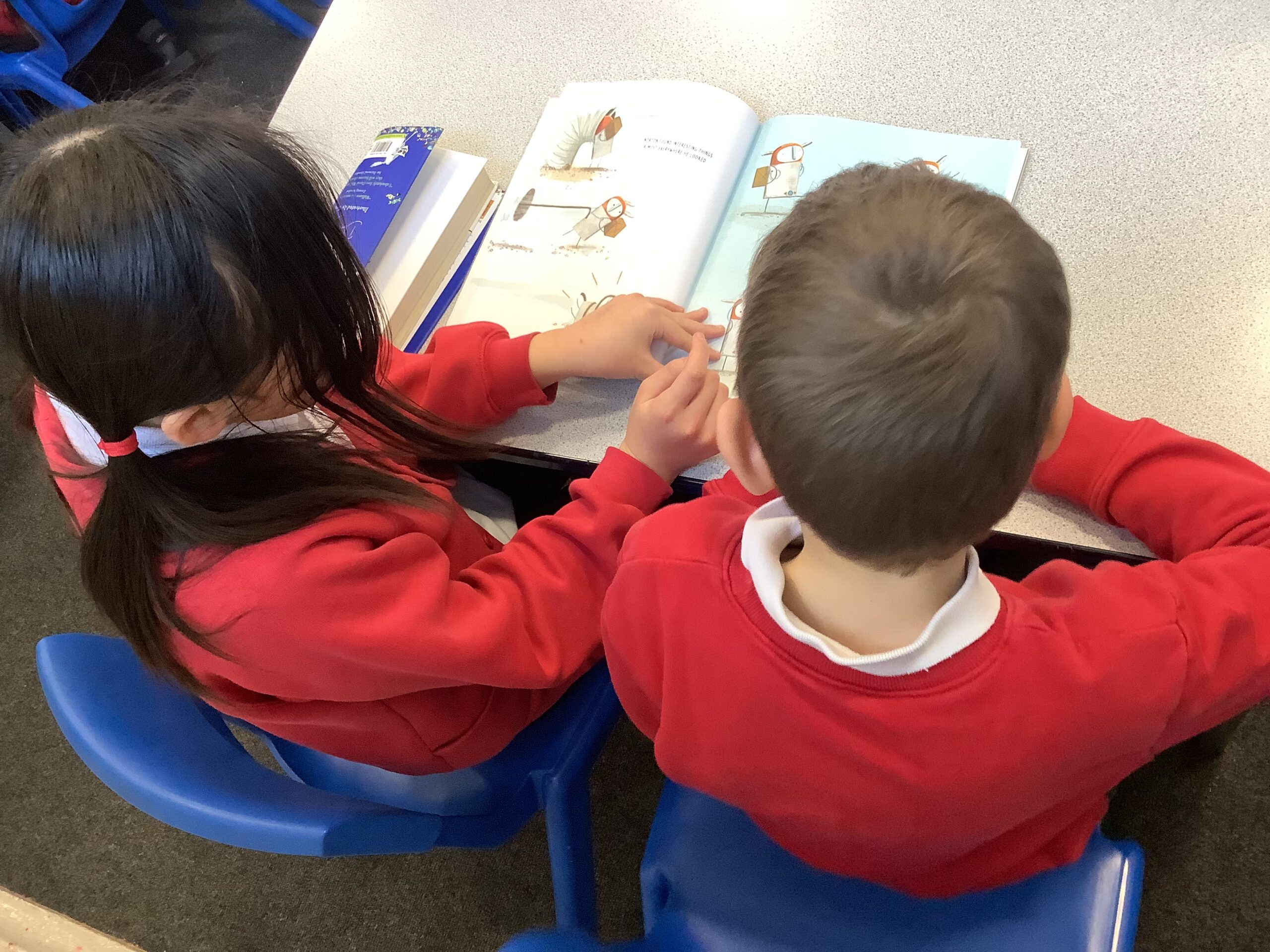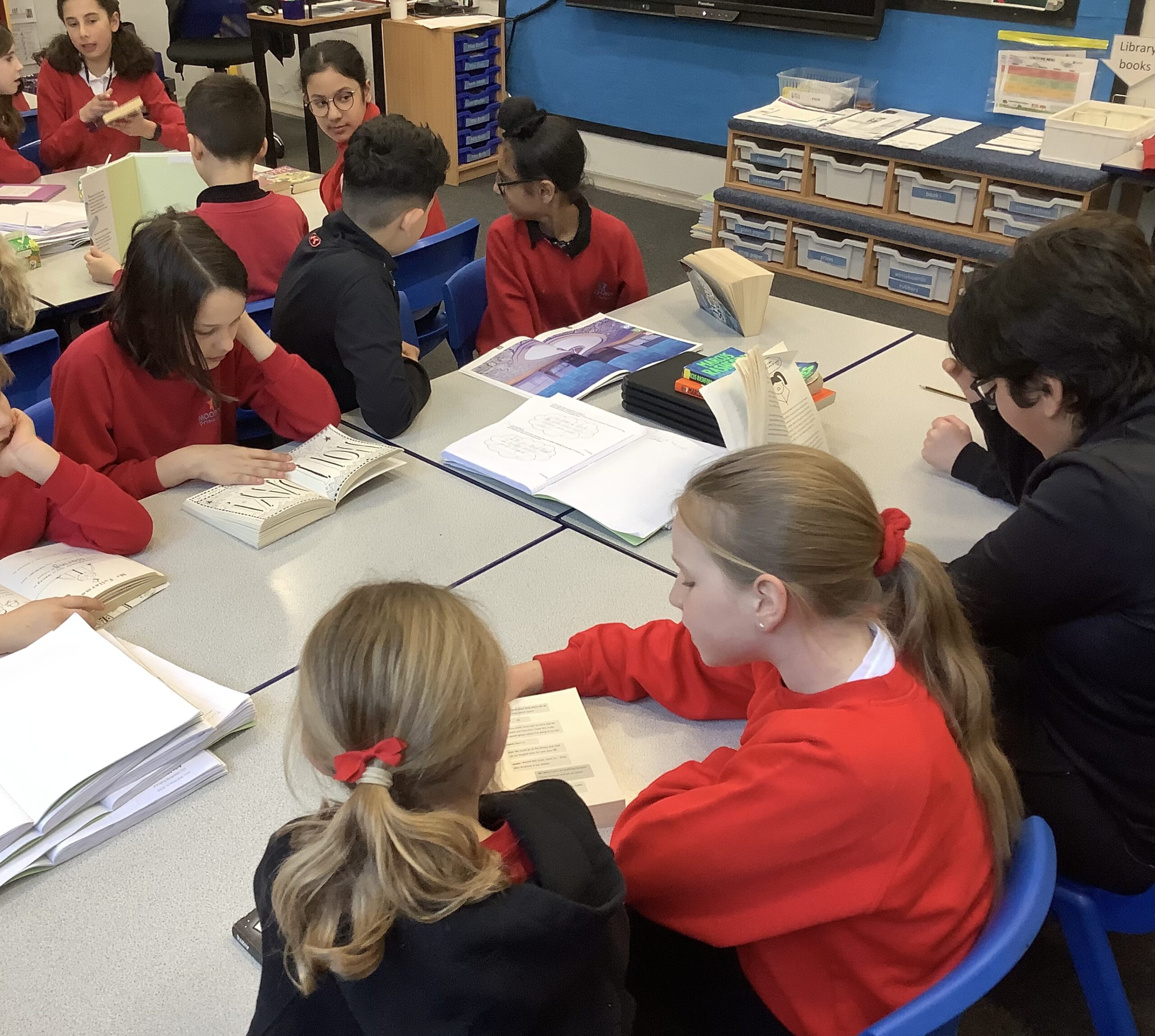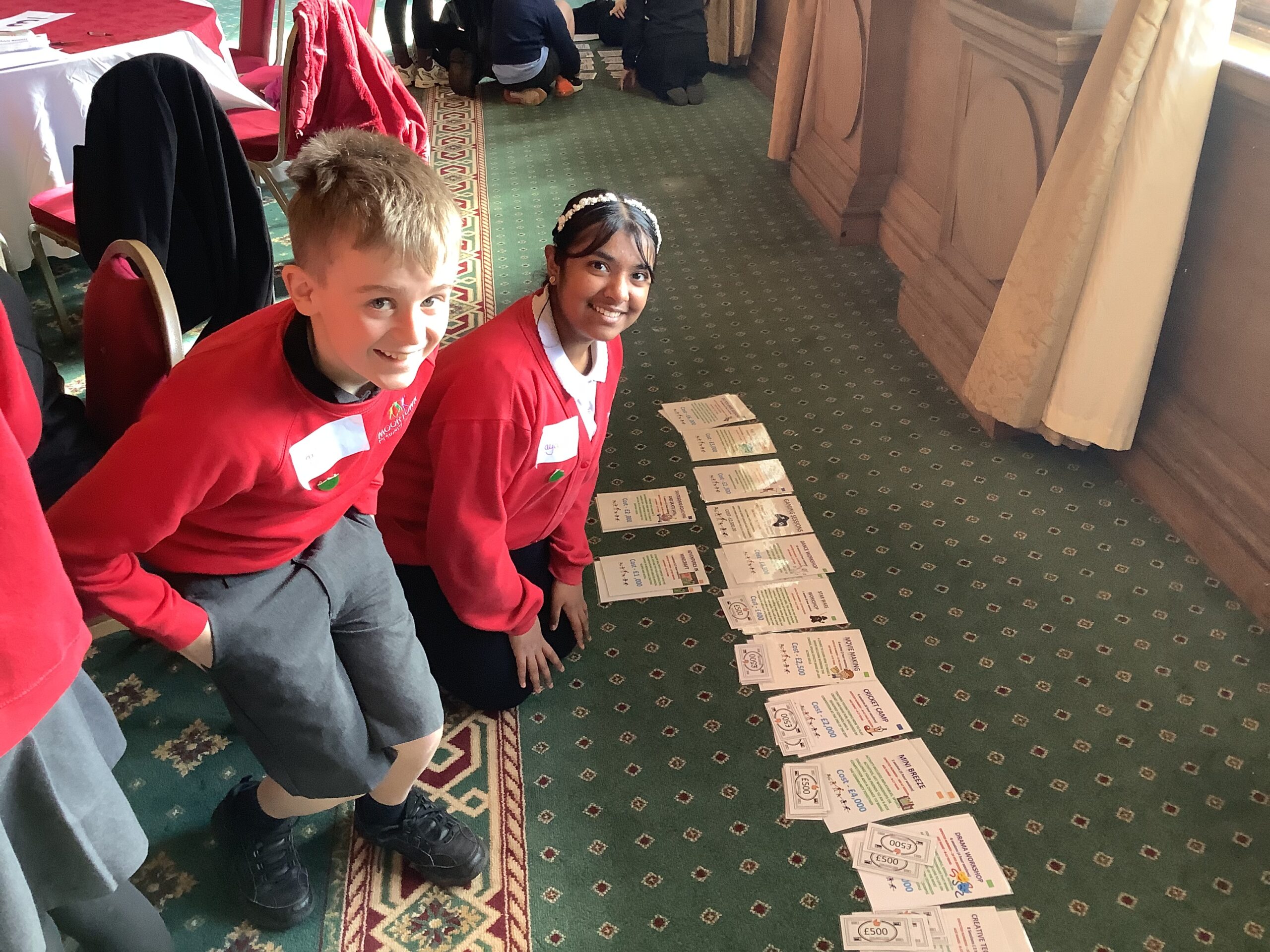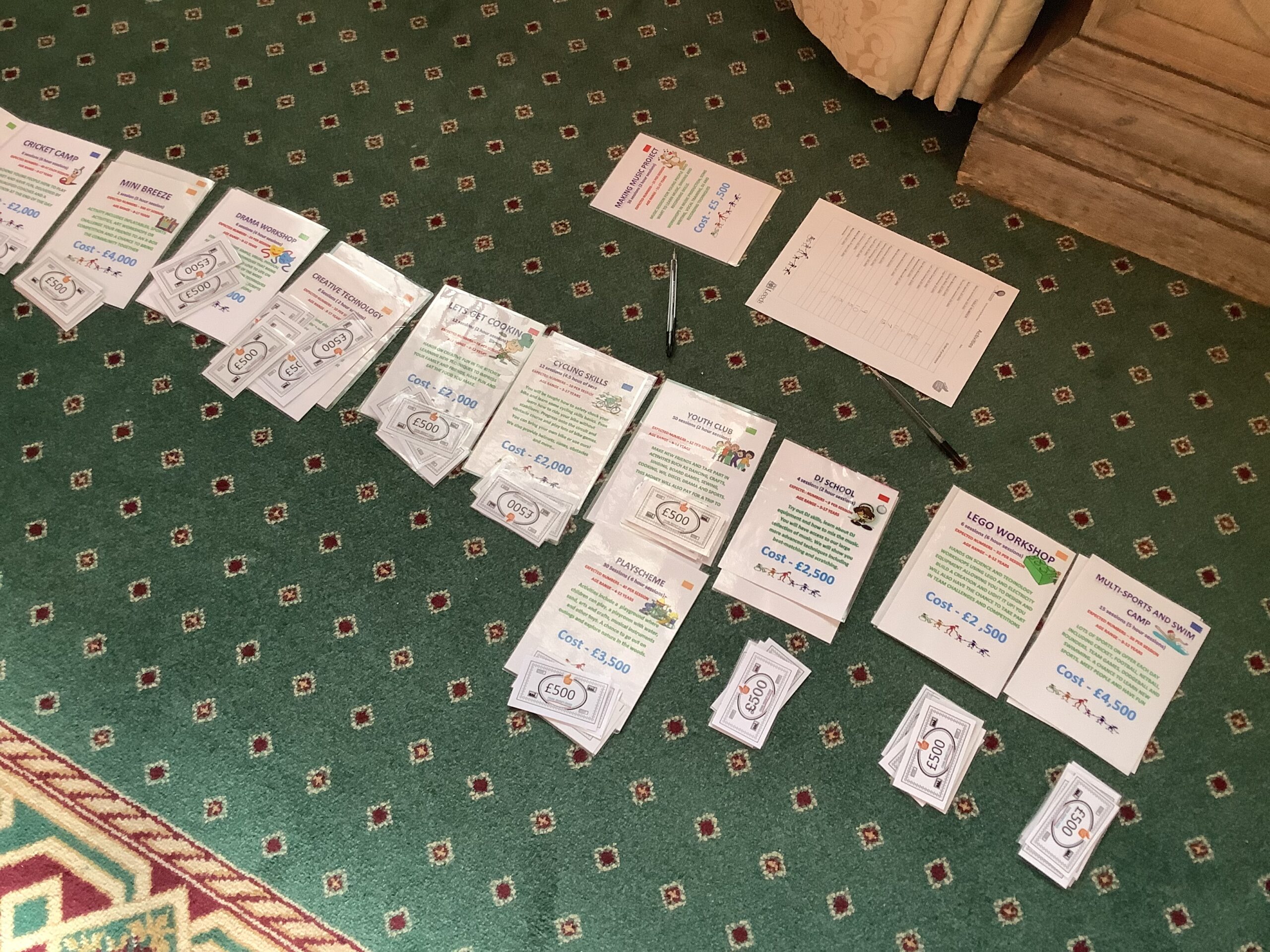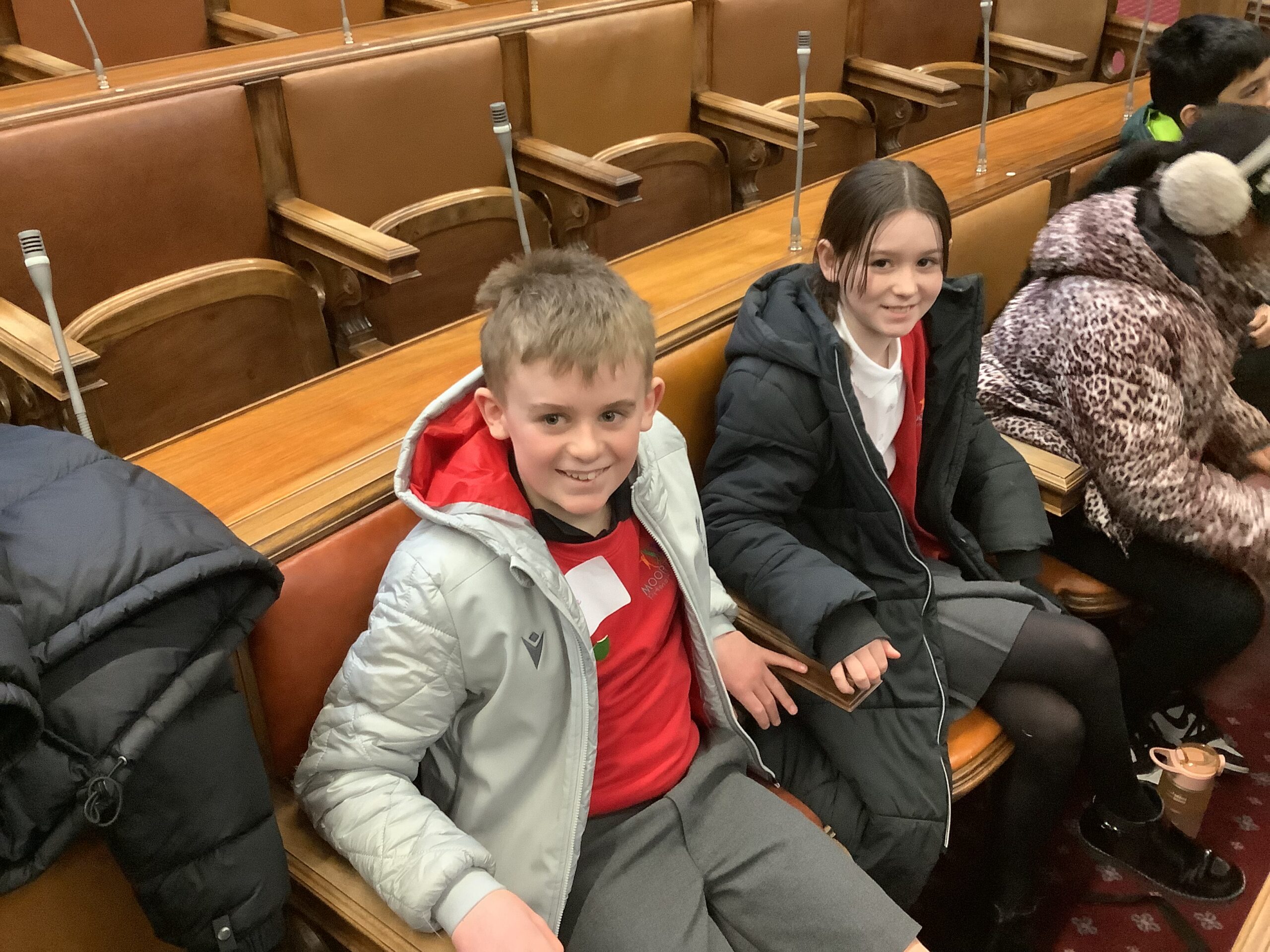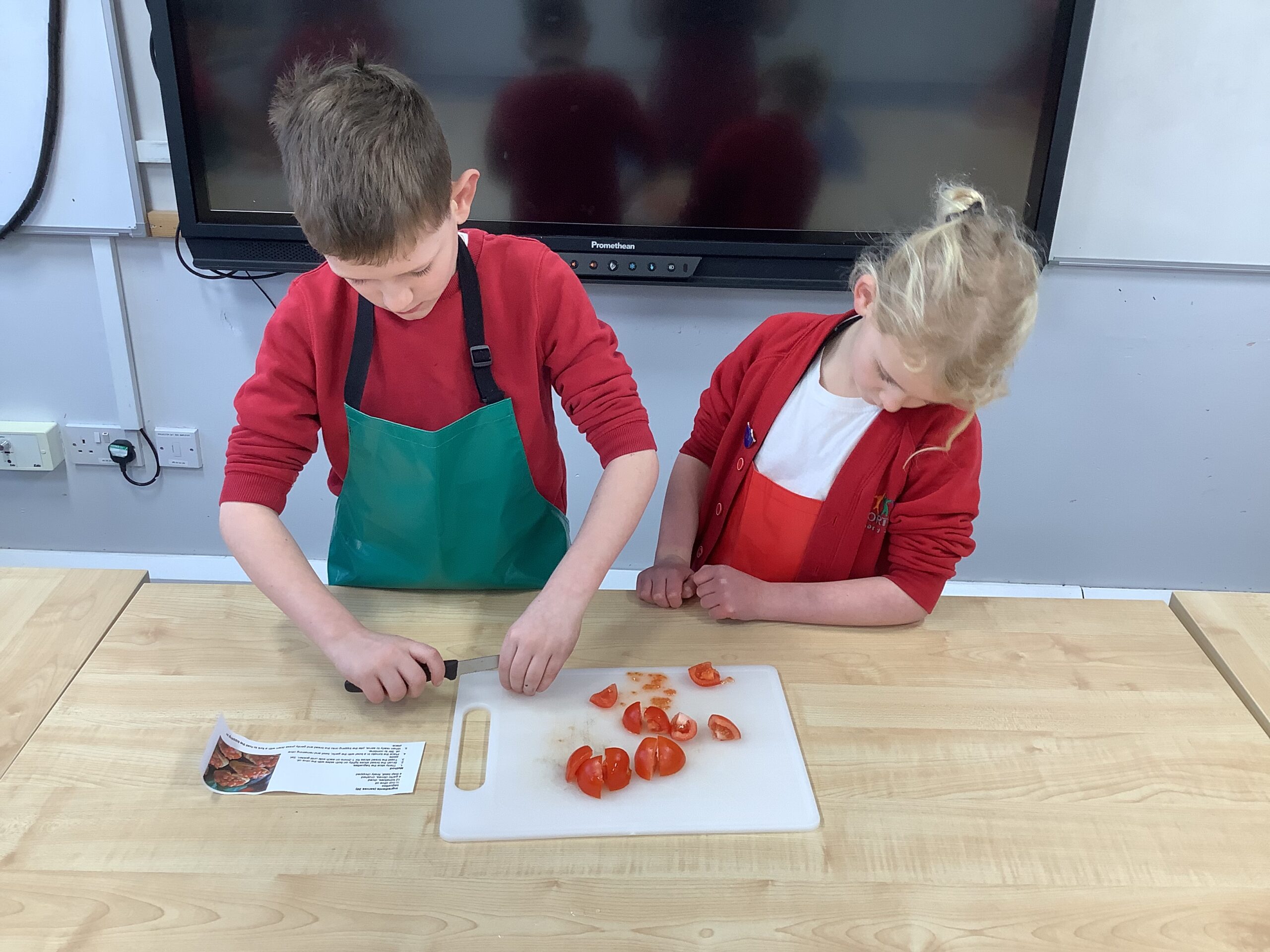In Key Stage 2, instead of asking you to learn a short list of spellings each week, you will be given a longer list (roughly 40 words) that we will focus on in that half-term. Don’t worry, we’re not asking you to learn them all in one week. Instead, we’ll ask you to focus on learning these words over the course of the entire half-term. There’s a few reasons for this:
- We want you take responsibility for your own learning and start to figure out how you learn best (there’s some ideas below). Even if that means making some mistakes along the way.
- Lots of research suggests that learning more spellings over a longer time leads to better remembering how to spell them in the long-term.
- Similarly, lots of research suggests that if you learn something for a week and don’t come back to it you’ll likely forget it anyway
- We won’t have a ‘formal’ test each week. Instead, we’ll mix it up. We might ask you to test each other on the words you’ve been learning. We might test the words at random and then you’ll know which words you need to practise more and which words you’re confident with. We might just think about some of the words and share ideas for how we’re going about learning them.
- Ultimately, we want this to be about learning – and not just getting them right in a test.
How you decide to do this is up to you. You might decide to focus on the trickiest words first. Or, you might decide to learn 8 words a week and really focus on these whilst still practising the others, too. For some of you, you might already feel confident with some of the words so might choose to not practise these at all. However you decide to do it is up to you. The important thing is that you’re learning them and learning how you like to learn them best.
Every Friday, we’ll spend time practising or testing (informally) or discussing all things spelling so be ready (one of our 8 Rs for learning) to join in!
If you need some ideas for practical things to do, check out the Super Spelling Strategies Guide on the school website.
HT4
Year 3,4
This half-term, our spellings are linked to the rules and strategies we’ll be learning in class:
- alternative graphemes: ai, ee, ie
- homophones (words that sound the same but are spelled differently)
- adding suffixes: ed, ing, er, est, ly, ful, less, ness
- adding suffixes: ful, less
- apostrophes for contraction and possession
Each Friday, you’ll be tested on 8 of the words from the list below.
| favourite |
clumsy (er/est/ly) |
break |
fruit (ful/less) |
son |
| grate |
straight |
brake |
shouldn’t |
sun |
| great |
isn’t |
believe |
wouldn’t |
don’t |
| begin (ing/er) |
doubt (ful/less) |
build (ing/er) |
complete |
didn’t |
| describe |
heart (less) |
haven’t |
busy (er/est/ed/ing) |
increase |
| thought (ful,less) |
bicycle |
surprise |
increase |
thank (ful/less) |
| eight |
appear |
separate (ly,ed,ing) |
weight(less, ness) |
one |
| ate |
rest (ful/less) |
achieve |
wait |
won |









